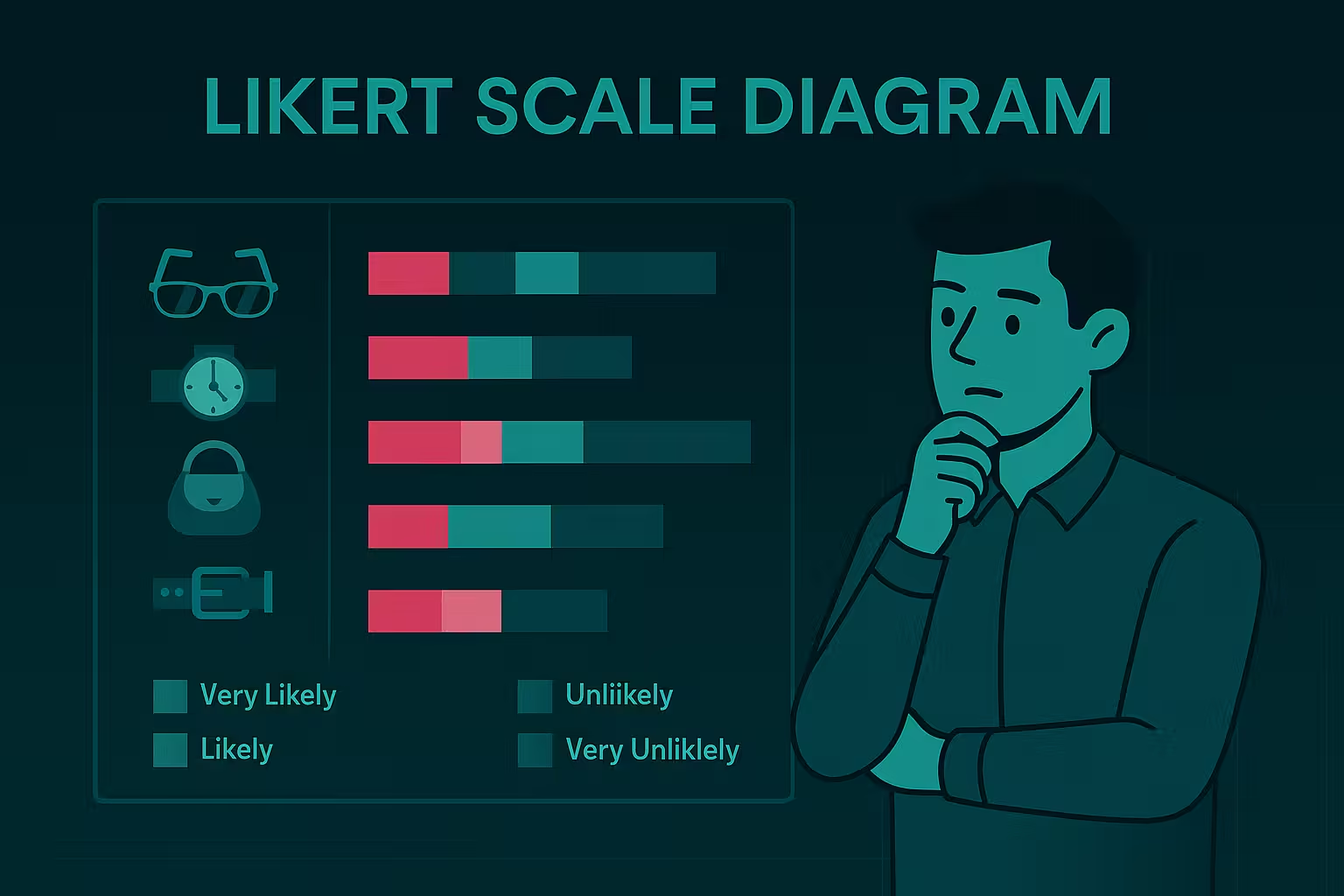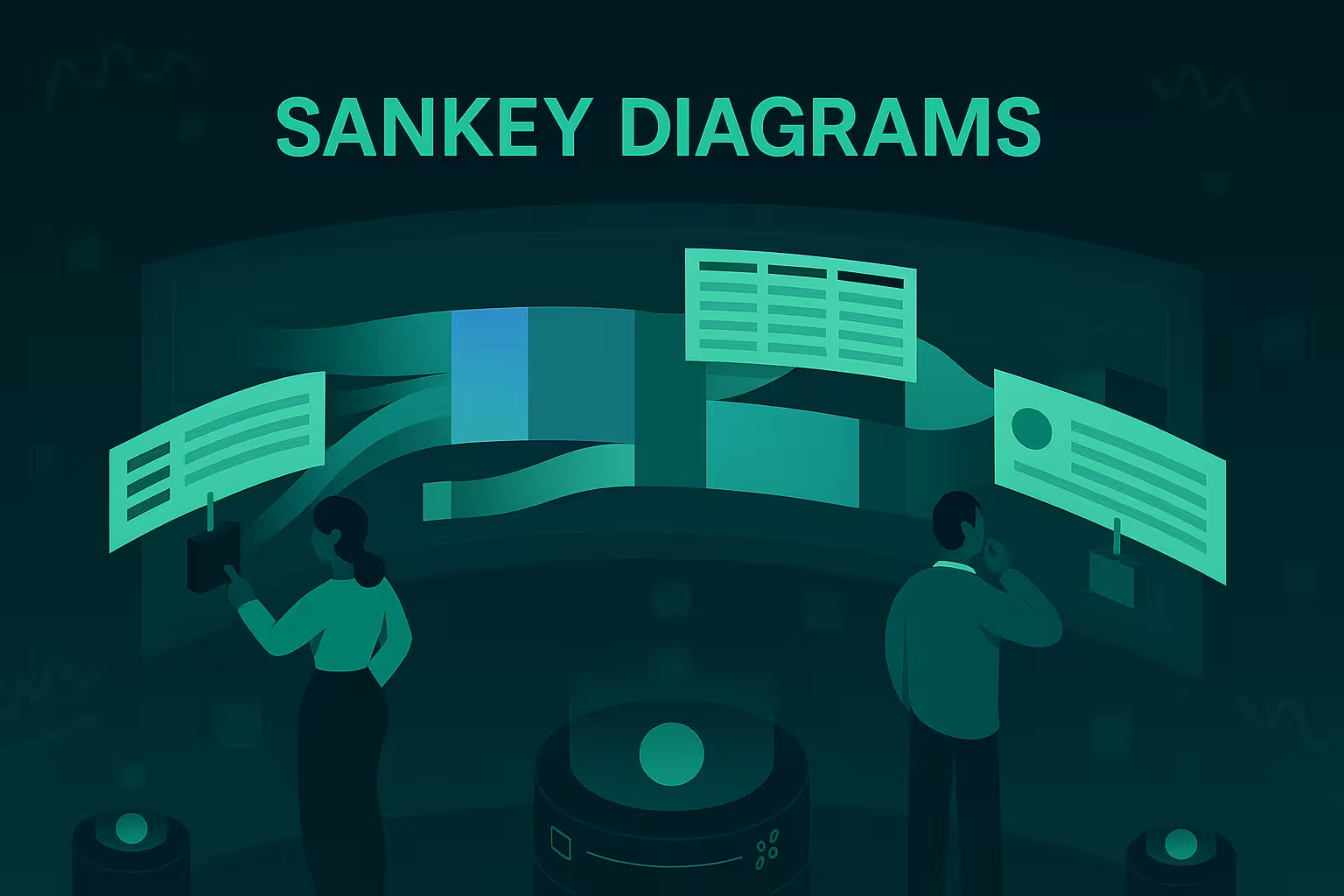🌟 The Unspoken Skill That Sets Data Analysts Apart (And It’s Not Python)

If you’ve been learning SQL, brushing up on Power BI, or grinding through Excel formulas — you’re doing the right things.
But here’s the truth most boot camps and online courses won’t tell you:
The best analysts aren’t just technical — they’re critical thinkers.
They don’t just write queries. They question the problem, challenge the metric, and verify the assumptions before opening Power BI or firing up SQL.
Let’s break down the real skill that separates good data analysts from truly impactful ones — and how to start building it.
🔍 1. Good Analysts Know What to Build. Great Analysts Ask Why
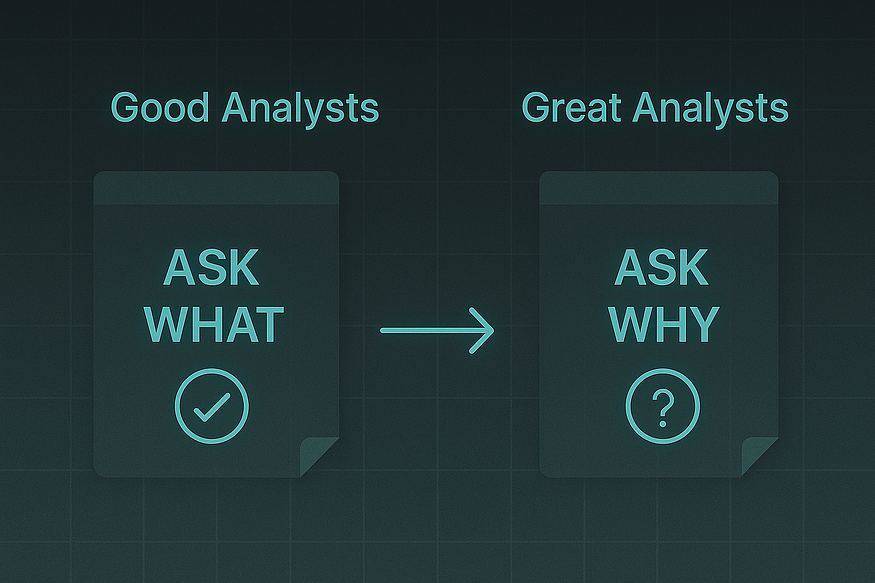
Junior analysts often jump straight into answering questions like:
- “What were our sales last month?”
- “Can we build a dashboard showing product performance?”
- “How many users churned in Q1?”
These are fine questions — but great analysts ask:
- “Why do we need this?”
- “What decision is this supporting?”
- “What does good look like in this metric?”
By digging deeper, they help teams avoid vanity dashboards and surface real insights that drive action.
🧠 2. They Don’t Just Pull Data — They Validate It
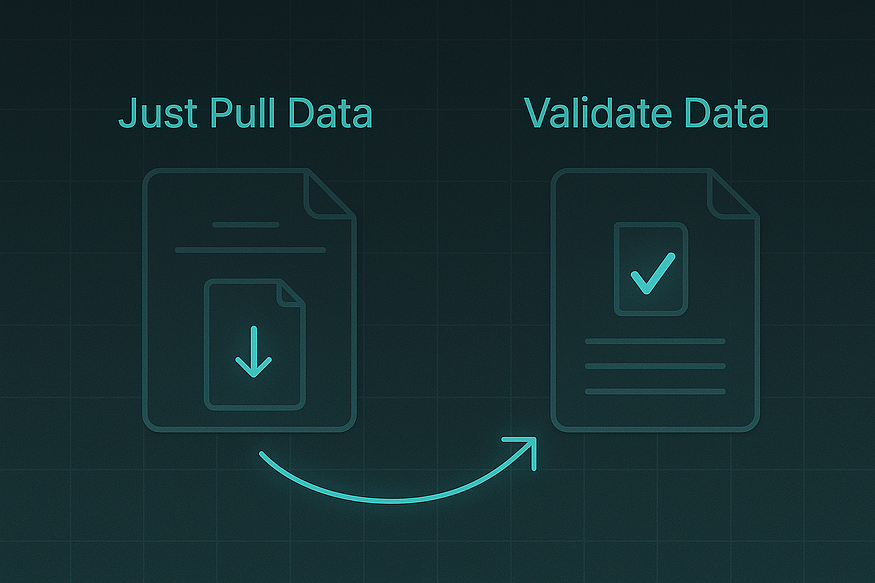
Anyone can run a query. Few stop to ask:
- Does this number match what Finance has?
- Are we using the same definition of ‘active user’ as last month?
- Am I including/excluding test data, internal users, cancelled transactions?
The best analysts treat data like a hypothesis, not an answer. They cross-check with stakeholders. They trace unexpected values back to their source.
That’s how they earn trust — and avoid embarrassing “data doesn’t match” moments.
💬 3. They’re Curious Communicators
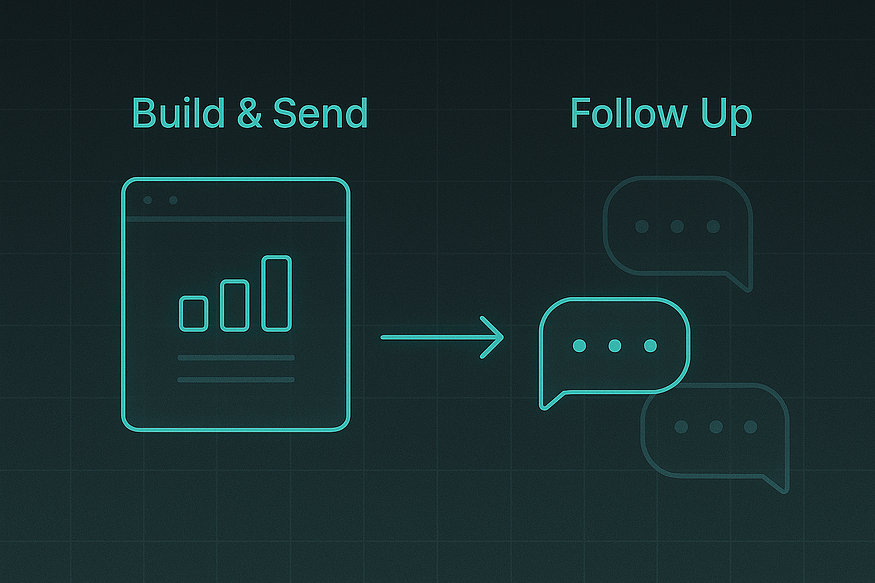
Impactful analysts don’t just build dashboards and send Slack messages. They follow up. They ask:
- “Was this helpful?”
- “Should we monitor this going forward?”
- “Do you want to turn this into a recurring report or alert?”
They know that great insights are worthless if no one uses them — and they treat adoption like part of their job.
💡 How to Build This Skill (Even Without a Full-Time Role)
- Ask “why” for every analysis request, even in practice projects
- Make validation a habit — compare outputs to public data or other sources
- Add context to your dashboards: annotations, notes, definitions
- Practice presenting insights, not just metrics
- Shadow stakeholders or PMs to understand the decisions behind the data
-
✅ Wrap-Up: The Analysts Who Think Before They Build… Win
You can learn Python, SQL, Power BI, and Tableau. You can memorize every DAX function.
But none of that will matter if you’re building dashboards no one uses, answering questions no one asked, or surfacing numbers no one trusts.
So yes — keep learning the tools. But also start asking better questions.
That’s the skill that really sets you apart.
📚 Want More Like This?
- What Makes a Great Analyst — Sarah Krasnik
- The Analytics Hierarchy of Needs — Monica Rogati
- From SQL to Strategy — Analytics Academy Blog (Coming Soon!)
{{quiz}}

.avif)
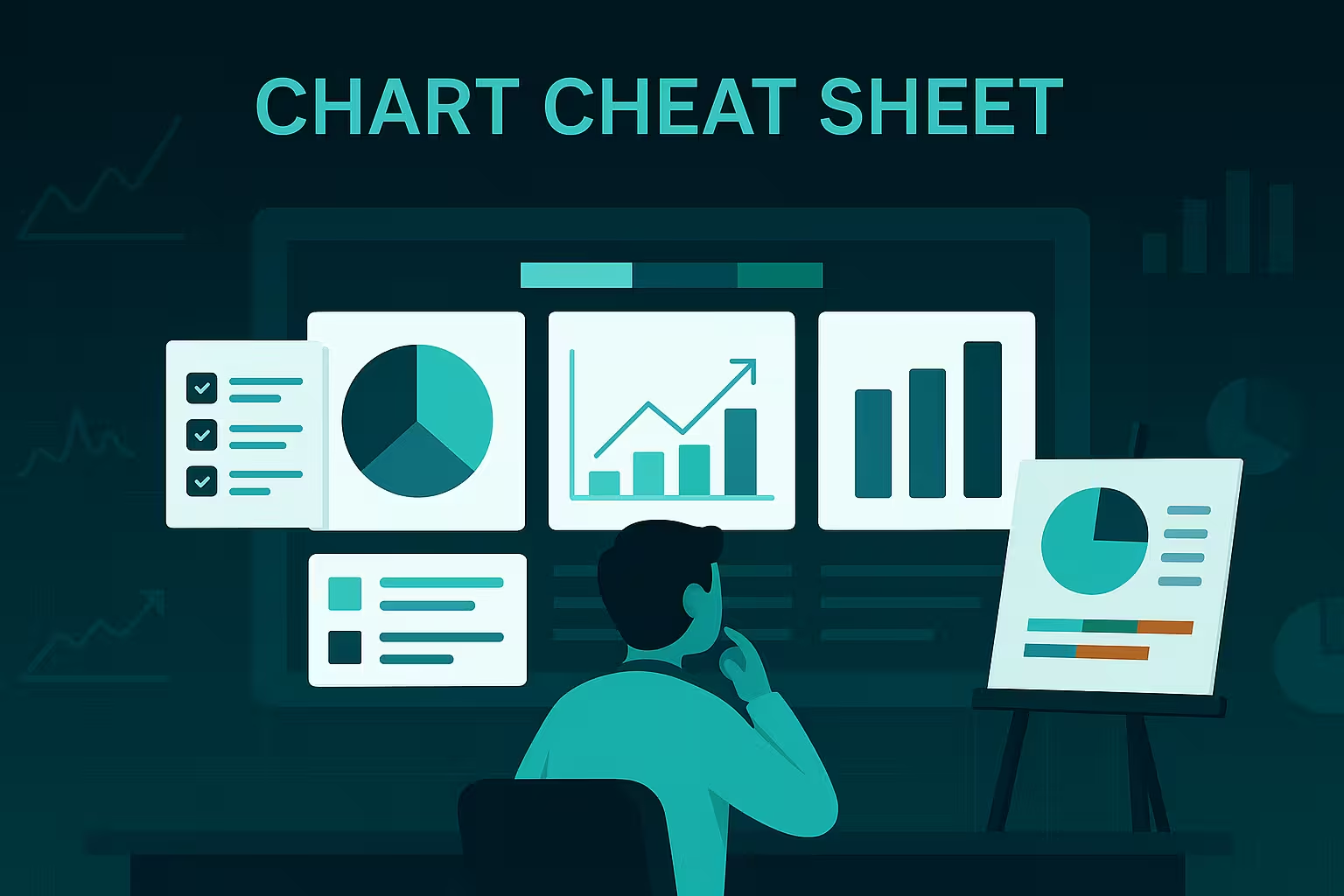
.avif)
